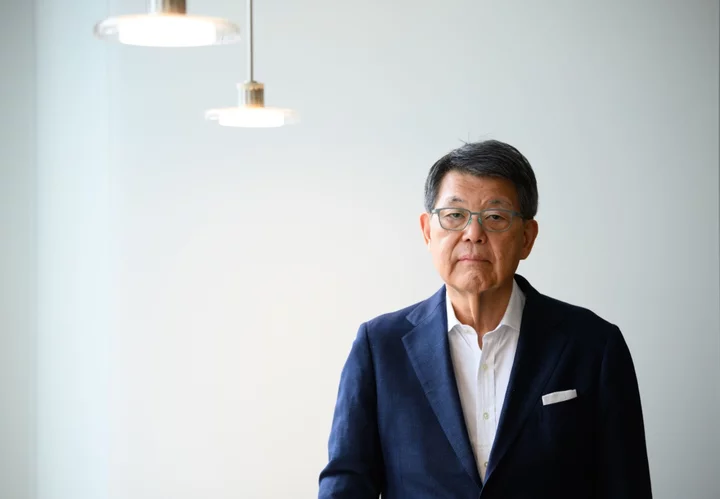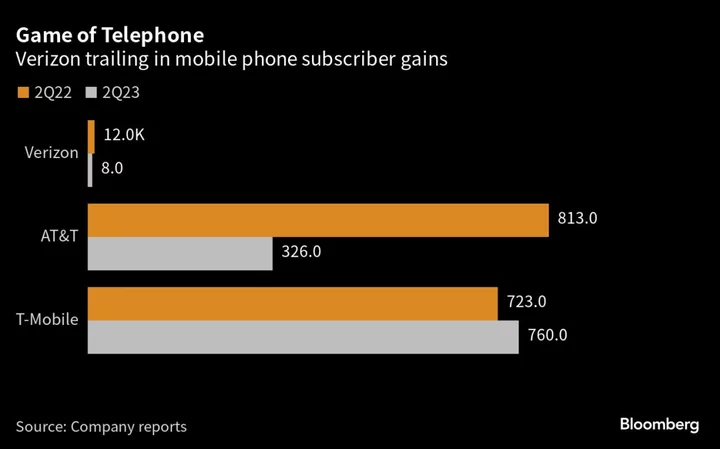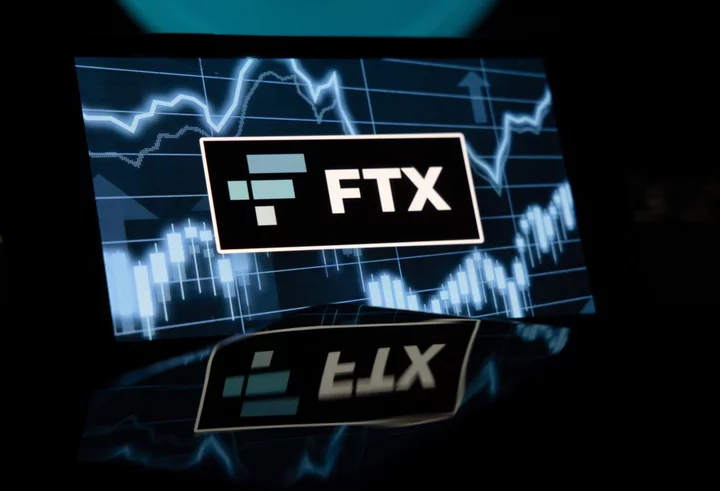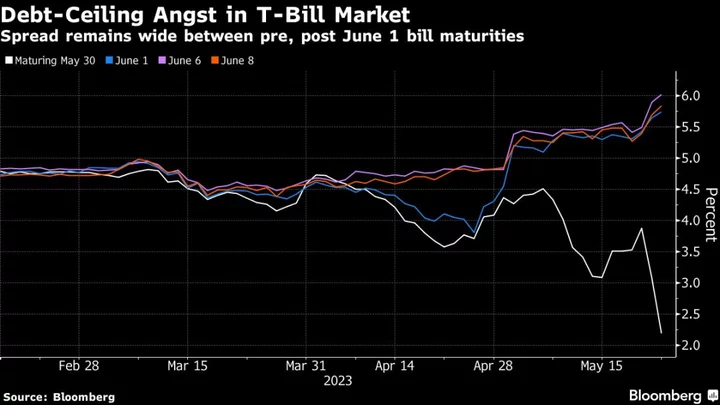When veteran money manager Shuhei Abe met with Warren Buffett in Tokyo earlier this year, they exchanged similar thoughts about value investing in Japan.
Now the founder of Sparx Group Co. is seeking to put his ideas into action with a so-called engagement fund to invest in well-run but undervalued Japanese businesses. He’s seeking to attract about $1 billion from global institutional investors over the next three months, and $2 billion by 2024, for the Sparx Owners’ Commitment Fund.
After more than three decades investing in Japan, “now, I am more sophisticated,” Abe, 69, said in an interview. “I understand what investors like Warren Buffett think, what is the value that we should uncover, and the macro environment of Japan is now supportive of the type of investors like us.”
Buffett’s recent high-profile investments in Japan are just one signal that the country is at a turning point, according to Abe. Regulatory policies are forcing companies to increase value for shareholders, and the return of inflation means they can’t resort to the old ways of keeping down wages and investment to grow profits, Abe said, adding that many want to change.
Aware of the shifting tide, investors in the US and Europe want to build positions in Japan for the first time, according to Abe, who is offering his dollar-denominated fund as a way in. Still, with less than $100 million in commitments, it has a long way to go.
“His reputation is good as a stock picker,” said Damian Thong, head of Japan research at Macquarie Capital Securities in Tokyo. “I’d like to think that they will raise this money, at a time when the ground is more fertile and more open to these approaches.”
Sparx’s new fund will deploy a strategy of dialogue and consensus with companies on how to increase value — a more palatable style in Japan than the public proxy fights that activists are known for. It’s a strategy that the Tokyo-listed firm helped pioneer in the early 2000s, when its first engagement fund attracted more than $3 billion from global investors, including Calpers.
Abe is optimistic, having received more foreign investor visitors in the past year than any time in the decade before that. Top executives at some of the largest private equity funds in the US, as well as sovereign wealth funds from Europe and the Middle East, have approached him to understand Japan better, he said.
They “want to work with us,” Abe said. “This strategy is very difficult to convince Japanese investors. Foreign investors understand my proposal because they’ve done it in the States.”
Investment from abroad has helped to propel Japanese stocks to a three-decade high this year. Foreign buying of equities in the country rose to a record in the second quarter.
Abe made a name for himself in Japan as one of the first to adopt an independent investment style. After helping manage money for George Soros in the 1980s in the US, he had success investing in Japanese small caps using a value approach right before the nation’s asset bubble burst. He founded Sparx in 1989 and the firm now manages about ¥1.7 trillion.
“He was the first representative of independent investment in Japan and he’s proud of that,” said Haruhiro Nakano, the former chief executive officer of Saison Asset Management Co., who has known the Sparx CEO for more than a decade.
The fund will invest in 10 companies, which Abe described as well-run firms that use capital inefficiently — the main point Sparx plan to engage on. It may make offers to take one or two of them private, he said.
The list of companies is confidential, except for Maruwa Co., a maker of ceramic materials that can be used in parts for electric vehicles and data centers. The central Japan-based company has a resilient business for the components it sells, but its equity ratio is too high, according to Abe. If Maruwa could increase the debt portion of its capital allocation, it would instantly create value for shareholders, he said.
It took more than a year for Sparx to become friendly with management at Maruwa, and talks are still ongoing. Maruwa didn’t respond to a request for comment on working with the asset manager.
Sparx launched a mutual fund in May with Nomura with a similar engagement theme for retail investors. As of early September, it has raised ¥92 billion, though it has underperformed compared to the Topix index.
The biggest challenge for the latest fund is that investors need to be patient, Abe said. He pointed to the current moment as the beginning of a trend that could go on in Japan for the next 10 to 15 years.
“Smart investors abroad started to realize and identify Japan as the next place to be,” he said. “This time, it’s starting to enter into the new era.”
--With assistance from Nao Sano.









